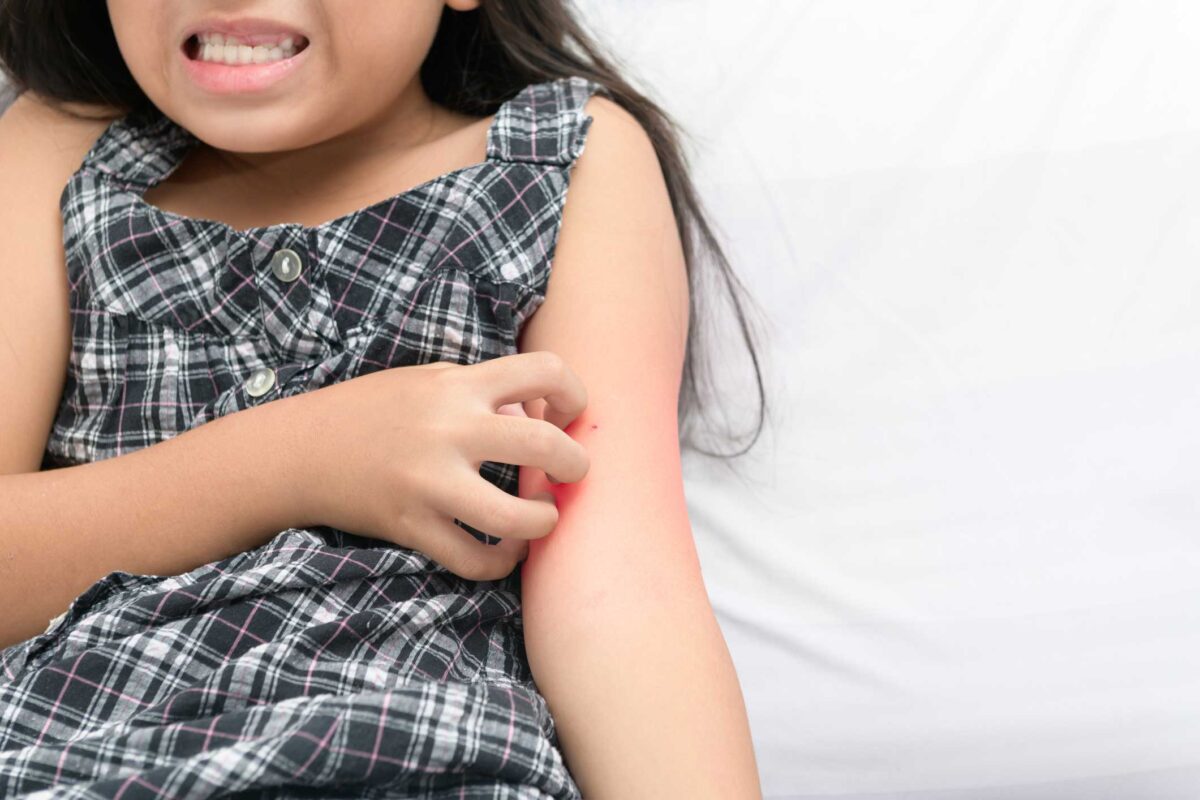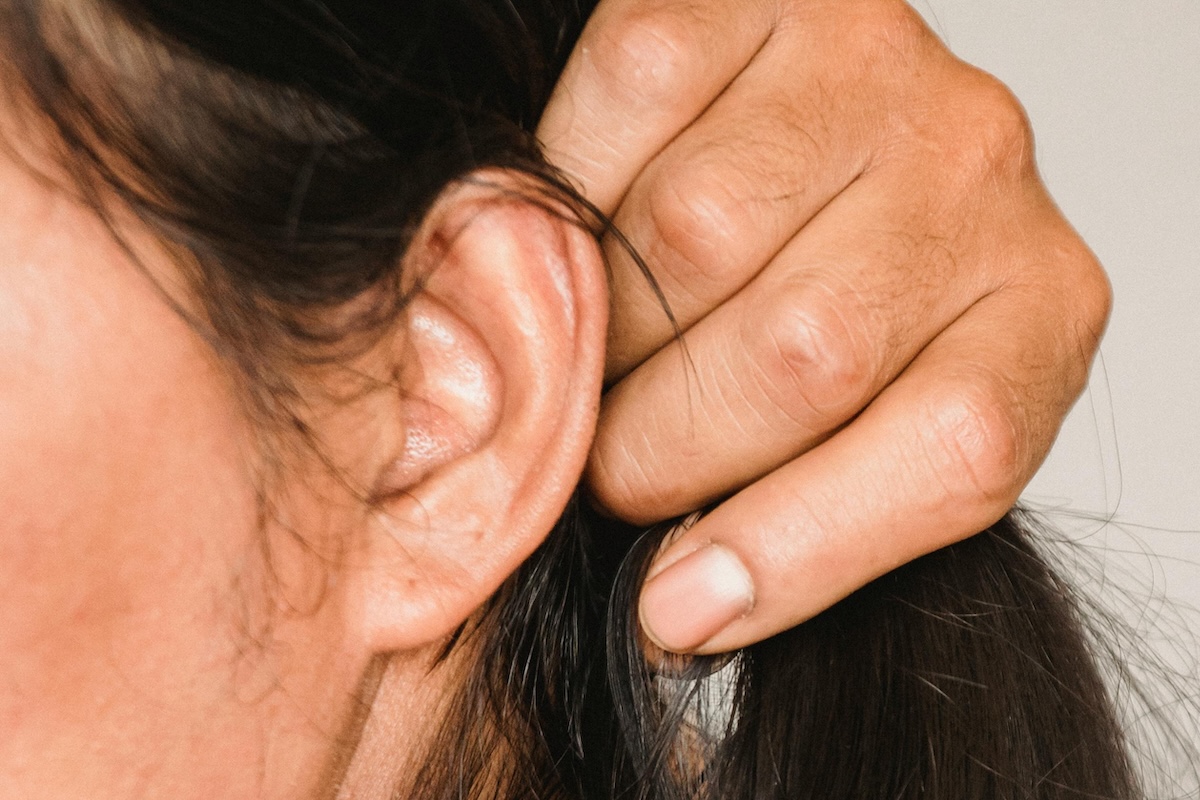My skin has been so dry and itchy, and my hands and feet in particular have developed blisters along with the patchy dry skin. I have a history of eczema, but it seems like it’s getting worse as I enter perimenopause. Are these two things related?
—SP
When talking about menopause symptoms, I sometimes feel like a broken record. That record goes something like this: This is a symptom that is commonly reported but poorly understood. Skin changes are no exception. Women in perimenopause commonly complain of skin changes in general, but the connection between skin changes and menopause is poorly understood (sigh).

The cells that make up the skin have receptors for estrogen, progesterone, and testosterone, suggesting that those hormones can act on those cells and change how they behave. There is some evidence that estrogen increases skin thickness and water content. Furthermore, there are a number of skin conditions that wax and wane with the menstrual cycle, including acne, atopic eczema, autoimmune dermatitis, herpes, psoriasis, rosacea, and hives.
Eczema is a group of skin conditions that cause itching, scaling, redness, and dryness. Dyshidrotic eczema — also called acute palmoplantar eczema — is a specific form that affects the palms of the hands and soles of the feet. It can cause the skin to look blistered. It sounds like this is what you’re experiencing.
There is no evidence that describes an association between perimenopause and dyshidrotic eczema specifically or even perimenopause and eczema generally. Family history of eczema is the most significant predisposing factor. However, dry skin is associated with worsening eczema. One could hypothesize that the loss of estrogen seen in perimenopause leads to changes in skin moisture and thickness that could exacerbate eczema. This would not change how you would treat your eczema.
The upshot: General skin complaints are common in perimenopause, and loss of estrogen leads to drier, thinner skin, but there is no evidence that perimenopause is associated with worsening eczema. This may be because it is not well studied, not necessarily that it isn’t true.
Community Guidelines















Log in